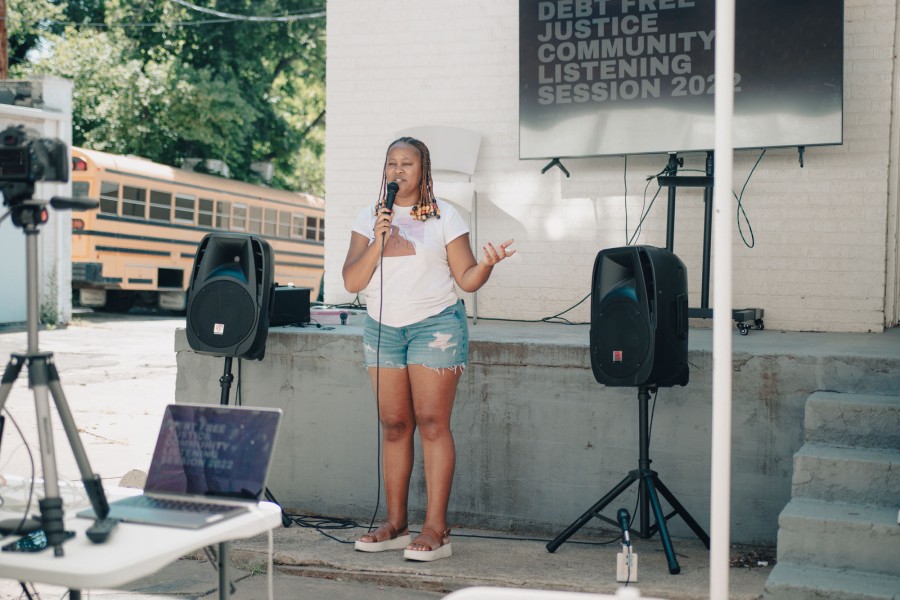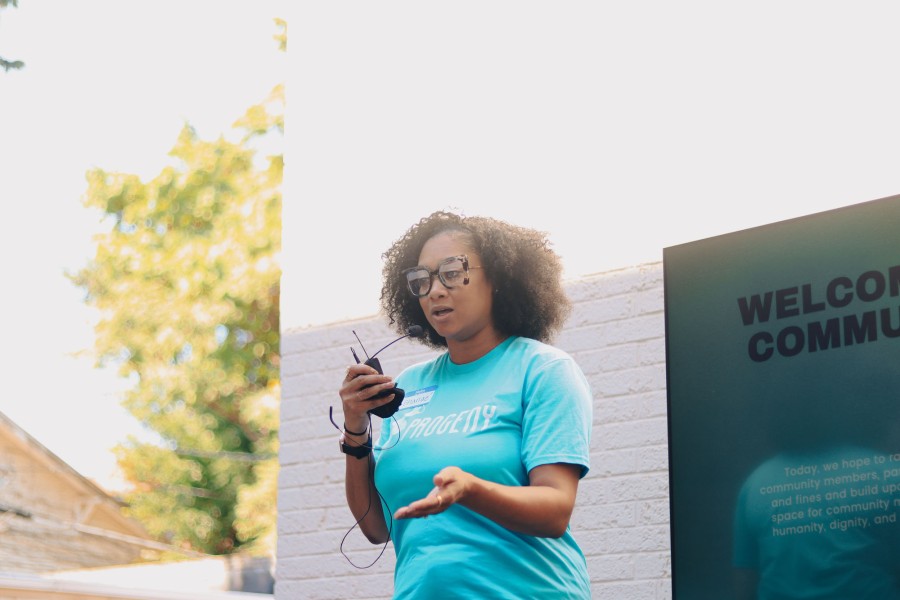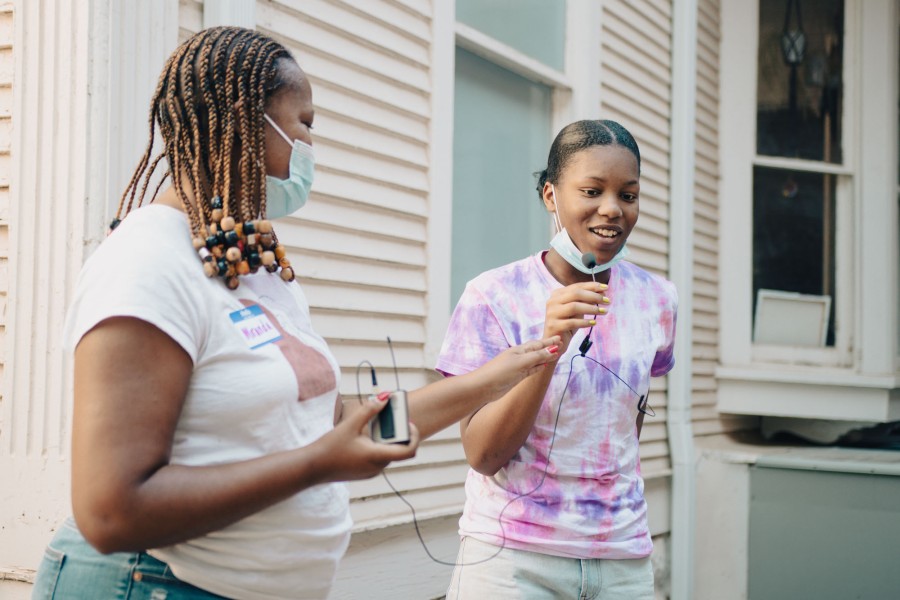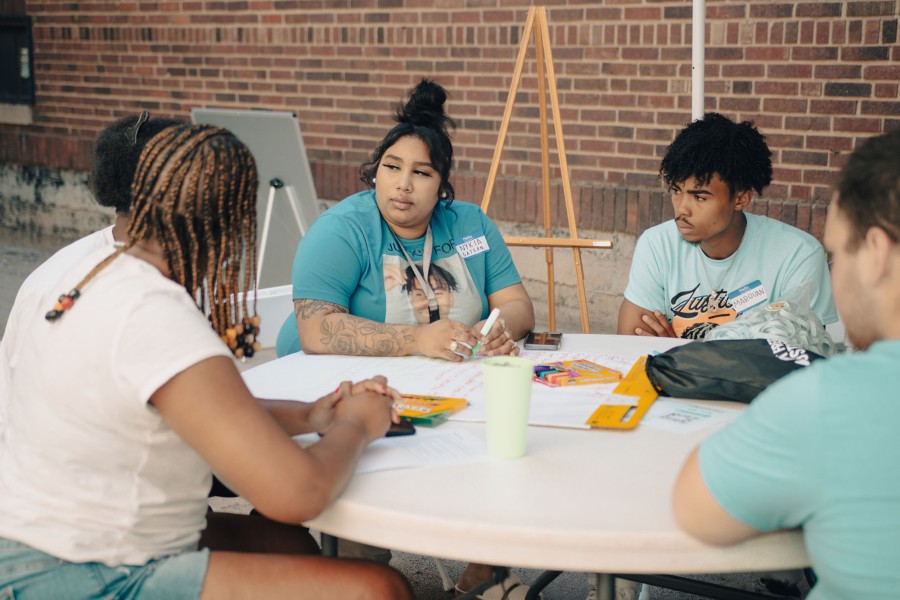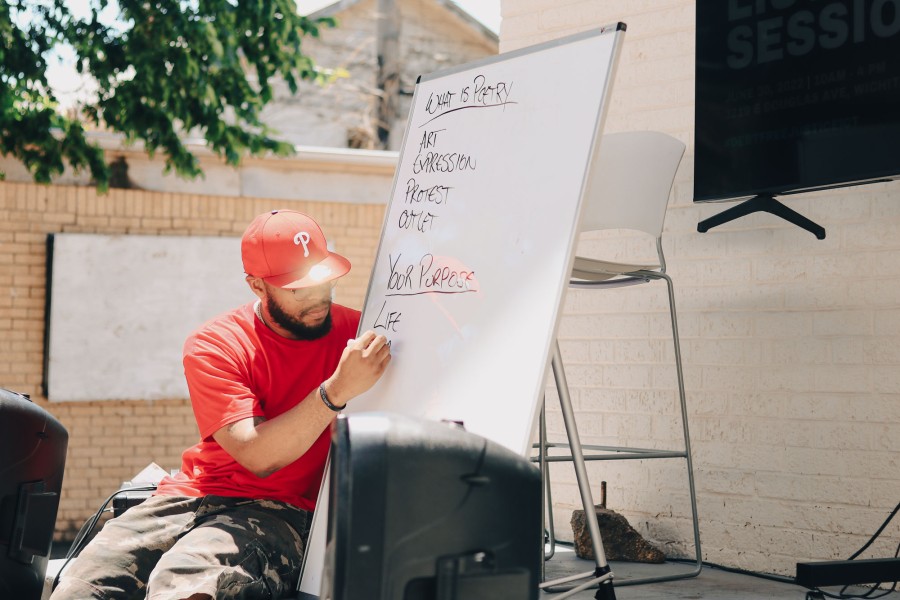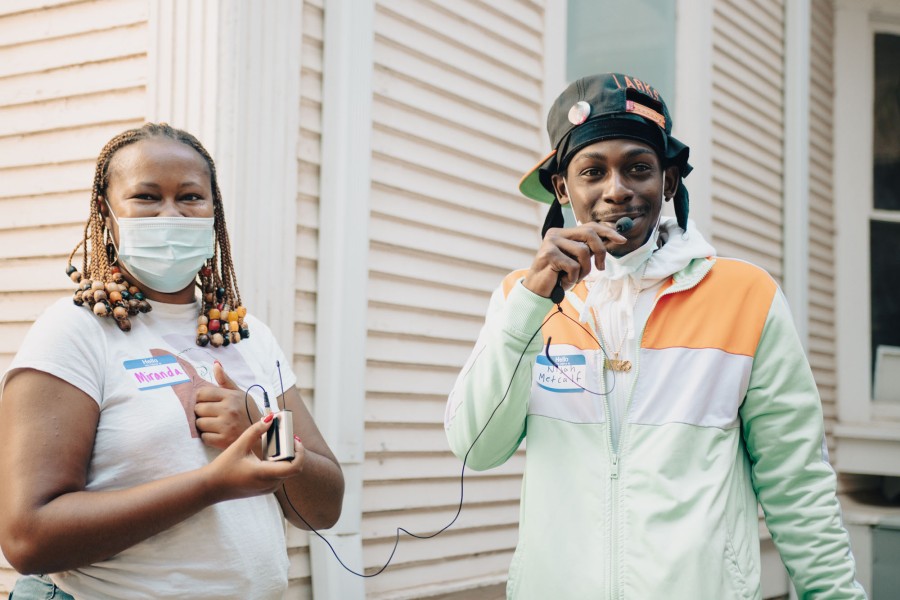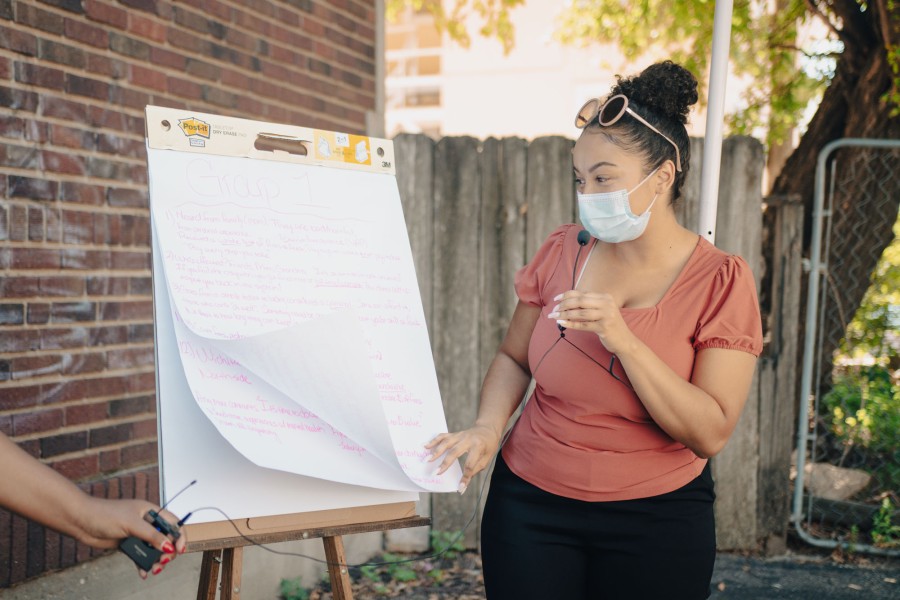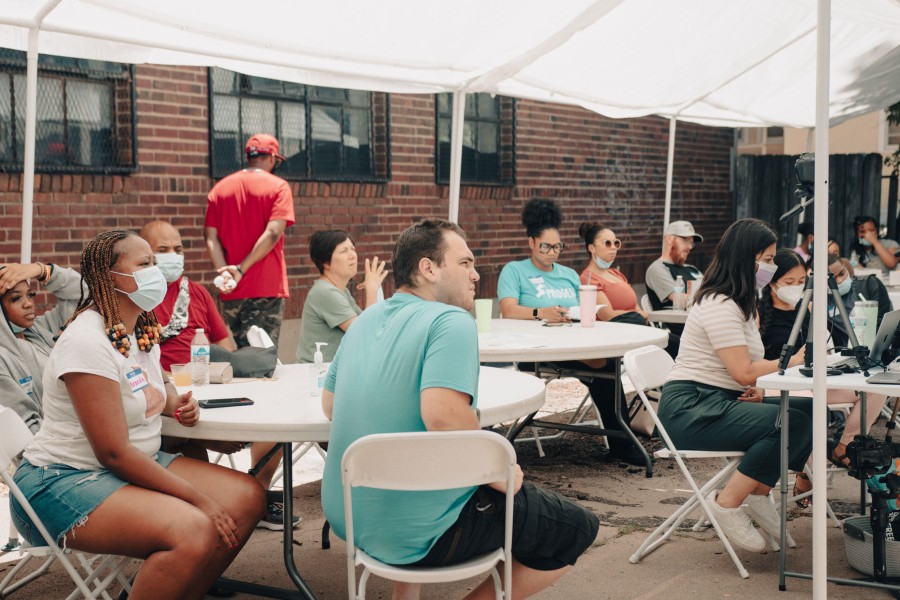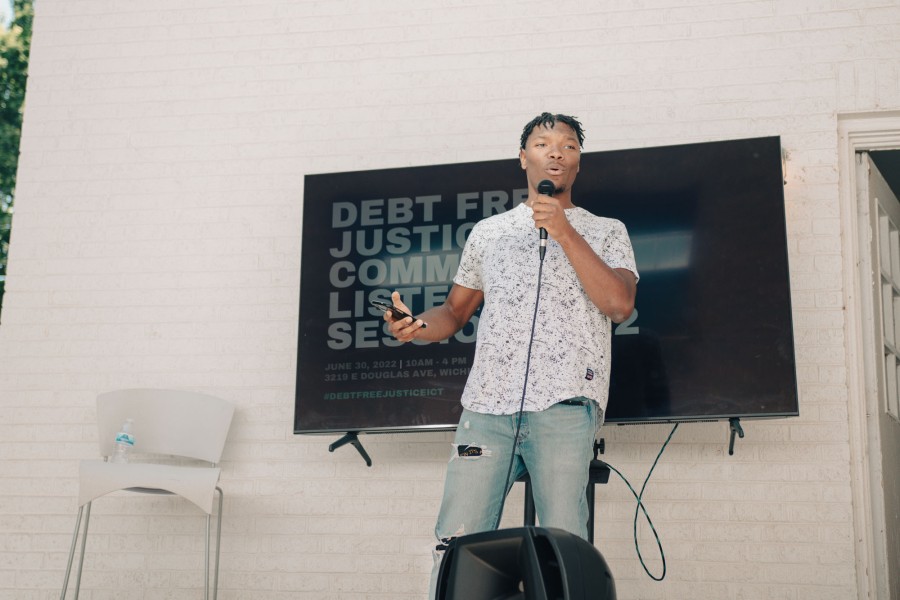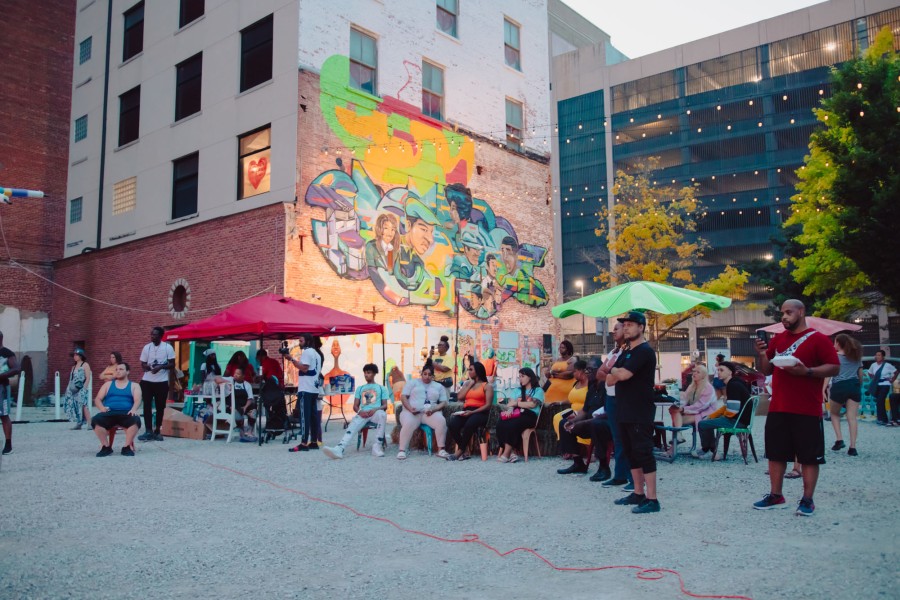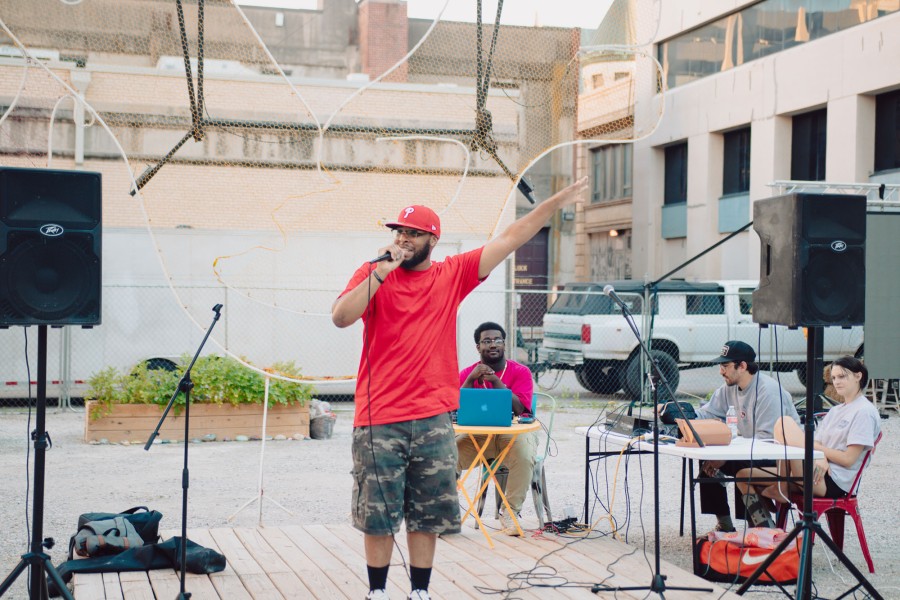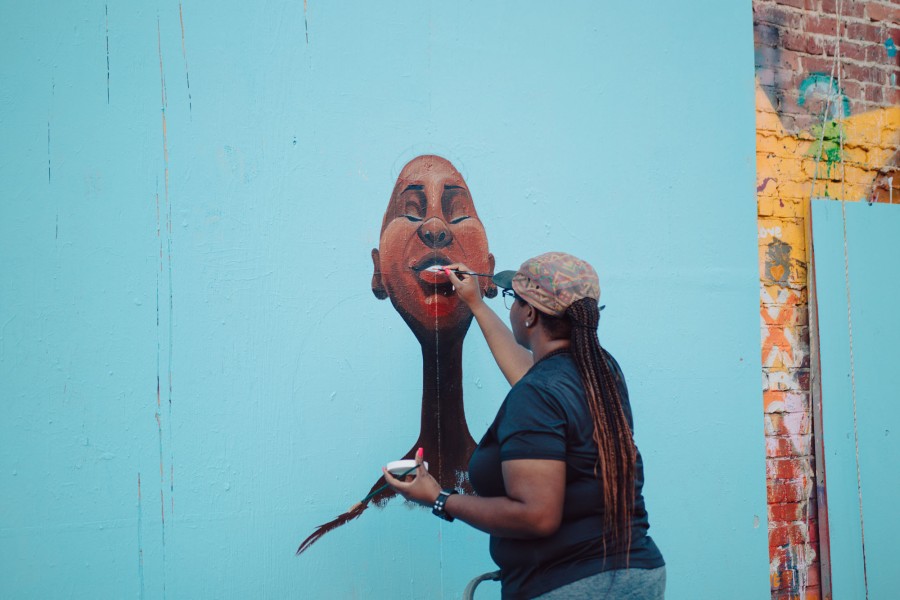Kansas

We are excited to be working in partnership with Progeny, Destination Innovation, Kansas Appleseed, the ACLU of Kansas, Kansas Action for Children, the Gault Center, and Institute for Justice to help us abolish fines and fees in the state. We had the opportunity to host our first national listening session in June 2022. Many of the young people, community stakeholders and advocates used the listening session as an opportunity to explore the various pathways that help create many of the injustices youth are faced with in the state. Attendees shared a lack of grocery stores in their communities and over-policing towards Black and Brown residents. Please continue to be on the lookout for some exciting opportunities to get involved and help change policy and laws connected to the issue of fines in fees.

Kristen's Story
Kristen Powell was 12 years old the first time she ran away from home to escape a difficult situation. When she was 13, she left her 72-hour hold with an older girl she’d met at a children’s home and unwittingly entered into a violent and abusive circle of sex trafficking. Kristen was penalized and charged because authorities wanted her to testify against the person who victimized her. Kristen’s life spiraled out of control, and she found herself in and out of foster homes and juvenile detention centers. During those chaotic years, she accrued thousands of dollars in court fines and fees. Now 24 and a mother of three, Kristen is still paying those debts.
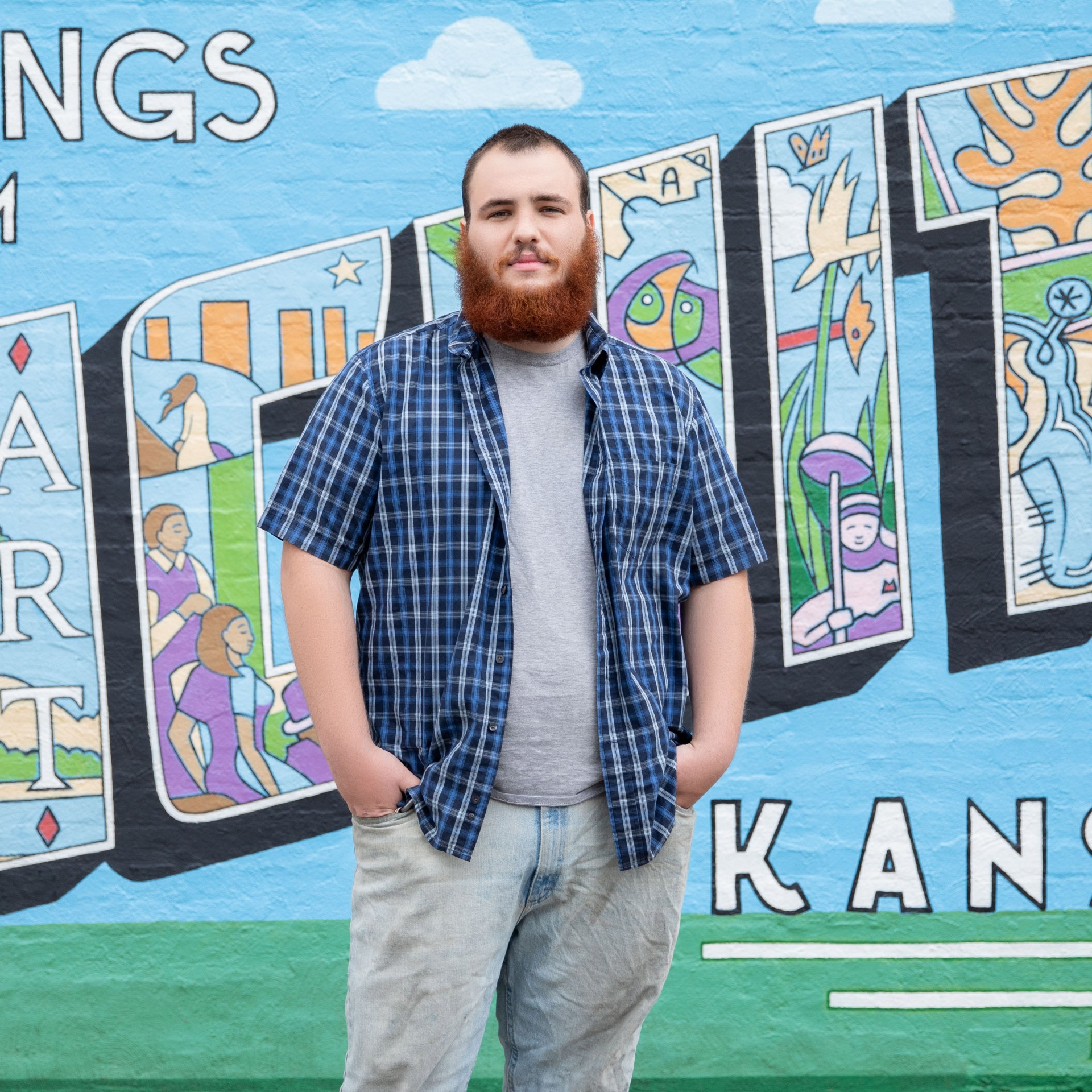
Tyler's Story
Tyler Williams served a 6-year sentence in a Kansas juvenile justice facility for a crime he committed when he was 13 years old. After Tyler finished his schooling, he spent his time working in the facility doing laundry and prepping meals for 25-cents an hour. Half of that income and any money sent to him from family members were taken by the state to cover his court fines and fees. Additionally, his parents paid child support to the state. Shortly after his release, Tyler became homeless and found a part-time job making minimum wage. Court officials from the county where he had been arrested started calling to notify him that he would need to pay his debt down at the rate of $80 a week to maintain his freedom. That’s when he started to connect with organizations that advocate for youth offenders, and he found a new path.

Nykia's Story
Twenty-year-old Nykia Gatson first entered the Kansas juvenile justice system for stealing when she was just 10 years old. While she was imprisoned, both of her parents passed away, leaving her without a guardian. To cover the costs associated with her detention, Nykia says the state took child support payments out of the social security death benefits she received when her mother died. Since her release, Nykia continues to make payments on her court fines and fees, paying thousands of dollars in restitution while struggling to meet her own needs.

Dante's Story
Dante Bristow, 23, was raised by a single mother in Wichita, Kansas. As a child, he remembers his household would start to run out of food toward the end of the month, when the assistance money had been used up, and he’d go hungry. When he was 13, he and a few friends got caught trying to steal food from a store. It was his first encounter with the juvenile justice system, but it touched off a cycle that continued for years as he and his family struggled to pay the costly court fines and fees related to his arrest. Like many young people, his inability to pay the fines and fees resulted in more charges and probation, and hindered his progress as a young adult by marring his credit and showing up on background reports when he applied for jobs.

Adonijah's Story
Ado’Nijah Zaire Metcalf, 23, grew up in the Northside neighborhood of Wichita, Kansas. During childhood, he recalls tickets and court fee invoices arriving in the mail while his mom worked two jobs to try to pay them off and feed her family. Through a series of negative encounters with local law enforcement, Adonijah became distrustful of the police. As a Black teenager, he felt targeted by them. Casual hangouts with friends and relatives have turned into confrontations with law officers, which led to court appearances, a suspended license, and even a lost job. Adonijah has been working to pay off his court fines and fees, and he has begun advocacy work to help others in his community break the same cycle.
Wichita Community Listening Session
Debt Free Justice successfully hosted its first community listening session in Wichita, Kansas. We had close to 40 system-impacted youth and advocates discuss how fees and fines have impacted their lives. Des the Poet led participants in a poetry workshop and a powerful poetry slam. Photojournalist Ruddy Roye interviewed and photographed 11 young people throughout the day. We ended the day with an after-party at an outdoor art gallery where we had food vendors, live art, and an open mic.
Youth and Advocate Voices
Related News

Justice Department Publishes Report on Policies that Reduce Fines and Fees

Community Art Project Aims to Reform Juvenile Justice System in Arkansas

